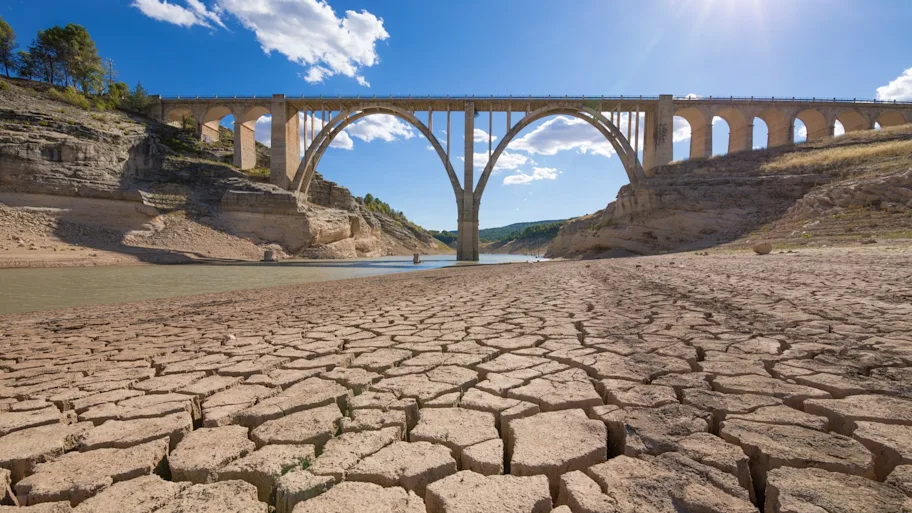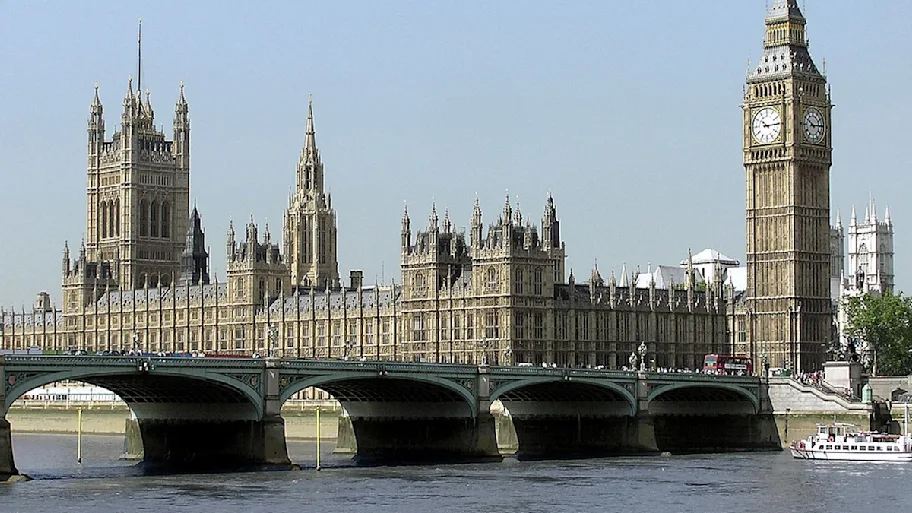
- Science news
- Frontiers news
- How can climate services help mitigate climate risk for vulnerable communities?
How can climate services help mitigate climate risk for vulnerable communities?
It is now widely accepted that climate extremes are increasing in frequency and severity and that the magnitude of climate and weather-related disaster impacts is mounting rapidly. These impacts also slow progress and increase food insecurity.
Understanding climate data and the ability to translate this into actionable, effective decision-making has never been more essential to mitigate climate risk.
Dr Chris Funk (Research Director for the Climate Hazards Centre (CHC), UC Santa Barbara and research geographer with the US Geological Survey), will address Climate Services supported closely by an international team of experts including founding Associate Editor, Dr Shraddhanand Shukla (CHC, UC Santa Barbara).
Climate Risk Management, led by Prof. Maria Carmen Lemos (Associate Dean for Research at the School for Environment and Sustainability, University of Michigan), will focus primarily on the social and economic aspects of disaster risk mitigation. Find out more about the international editorial board
Together, these two specialties will provide the open access platform to bridge communities and host scientific advances aimed at safeguarding the future of vulnerable communities.
Discover Climate Services and Climate Risk Management
What are Climate Services?
Dr Funk describes Climate Services as filling the "gap between knowledge and action, science and saving lives and livelihoods". Climate Services are not only necessary but also extremely interesting. Dr Funk explains "on the physical side it can involve a deep understanding of meteorology, climatology and oceanography, or impact-related disciplines like hydrology, agronomy, health and environmental sciences. There is a large technical aspect that engages cutting edge computer science, remote sensing, geographic information science, and modelling." Climate Services is all about leveraging advances in these areas in a systematic way to serve society and increase our resilience to weather and climate extremes.
What can we do to mitigate Climate Risk?
Prof. Lemos believes that "there is a growing consensus that Climate Risk Management cannot be accomplished without deep and intentional integration across different disciplines studying climate change, and between the science of climate change and decision-making. The goal of the Climate Risk Management specialty is to accomplish this integration by inviting submissions from all areas of climate-driven risk, with a special focus on how this knowledge can inform, support and be actionable to decision-makers managing risks on scales ranging from the household to the globe."
Leading experts
Chris Funk’s journey towards Climate Services began in graduate school with an interest in spatial interpolation and the development of gridded geospatial datasets. After meeting Jim Verdin in 1997, one of the lead scientists for the US Agency for International Development's Famine Early Warning Systems Network (FEWS NET), Chris describes becoming "really excited to make maps to help people. Making gridded maps of rainfall - can be an academic exercise, supporting an enhanced understanding of our beautiful planet, or an effective climate service, helping to guide life-saving humanitarian assistance."
Prof. Maria Carmen Lemos describes climate change as "arguably the greatest threat to humanity’s well-being and the health of the global ecosystem." Prof. Lemos’ passion is driven by the fact "climate change affects communities, economies, and natural resources, often differently and disproportionately, critically threatening our ability to thrive in an equitable and sustainable world."
New Frontiers in Climate research
Climate Services will focus on the science, strategy, implementation and application of climate services providing a bridge to Climate Risk Management which invites contributors to think about informing and supporting decision-making, focusing on informing gaps and catalyzing future research as well as action.
To find out how to get involved, please explore our open Research Topics below.
The following article collections are now open for submissions:
Climate Science Advances to Address 21st Century Weather and Climate led by Chris Funk, Andrew Hoell and Dann Mitchell
Extreme Events in the Developing World led by Emma Archer, Katharine Vincent, Andy Dougill and Marta Bruno Soares
Emerging Technologies in Climate Services: Advancing End-User Data Accessibility and Application through Web-Based Platforms led by Daniel McEvoy, Lee Ellensburg and Africa Flores-Anderson
Other article collections in Climate Services and Climate Risk Management are coming soon.
Frontiers journals also consistently rank among the world’s most-cited in their fields and in the top Impact Factor and CiteScore percentiles






